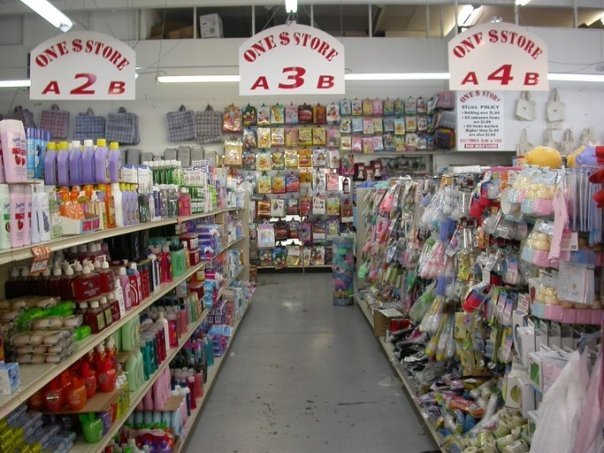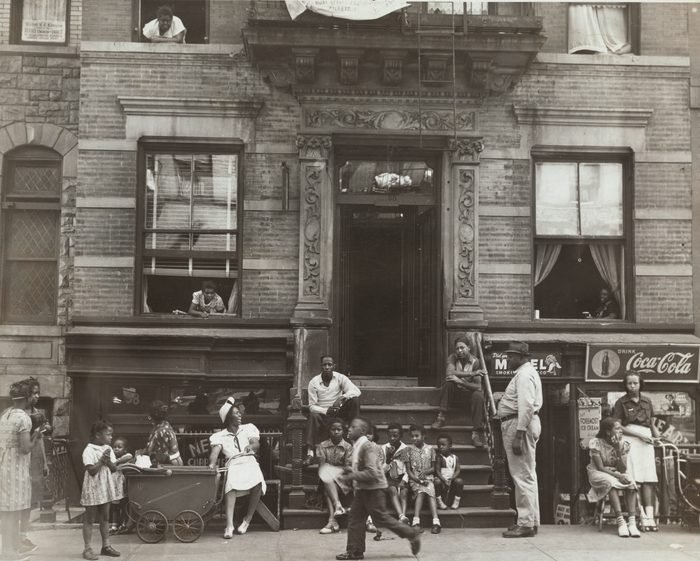
Are dollar stores magnets for violent crime?
In recent years, the United States has experienced a significant rise in economic inequality, a trend that has coincided with the rapid expansion of dollar stores, especially in the aftermath of the Great Recession. These establishments are often lauded as beacons of affordability, providing essential goods to financially disadvantaged communities. However, recent media reports and community demonstrations have cast a shadow on their presence. They highlight several concerning aspects, one of which is an alleged escalation in violent crimes in their vicinity.

Urban Affairs Review appoints Book Review Editor
Urban Affairs Review recently appointed Dr. Jill Simone Gross as Book Review Editor. The journal is eager to relaunch its book review program as a regular section of the journal. Please share new and upcoming titles with us at our dedicated email address, urbanaffairsbookreviews@gmail.com.

Consumption and Economic Security
This study reveals a built-in contradiction of capitalist housing markets by conceptualizing homeownership as a special commodity, the consumption of which involves two separate stages of conflicting purposes: limited financial resources are fought over in the consumption of mortgage products (to obtain homeownership) and the enhancement of household economic security (to sustain homeownership). It is the latter stage that determines the long-term prospect of sustainable homeownership.

Creating Local “Citizen’s Governance Spaces” in Austerity Contexts
In many cities, and particularly in a context of neoliberal austerity and governmental withdrawal from public action, citizens act upon their urban environment. If these initiatives could be presented as spaces of resistance to neoliberalism, or as political acts of reclaiming the city, these emergent practices are neither a manifestation of state retrenchment nor its outright rejection. Individuals and loosely organized collectives involved in such initiatives develop and are embedded in complex and multidimensional relationships with local institutions and third sector organizations. Montreal is a particularly interesting case to observe these practices. Bringing citizens’ initiatives and so-called social innovations to the core of public action have been among the neoliberal policy orientations pursued by some of Montreal’s boroughs and third sector organizations, increasingly relying on volunteers and private citizens to intervene in the public sphere, especially in the areas of urban gardening and food recuperation.

Explaining Value Capture Implementation in New York, London, and Copenhagen
Value capture (VC) is widely cited as a method for local authorities to continue to provide urban public goods, such as public transport or measures to make neighborhoods more climate-resilient, in the face of fiscal stress. It is based on the idea that public investments create financial value in their surroundings that accrues to various beneficiaries. In theory, this value can be captured to fund those investments. However, the application of novel value capture strategies in practice remains limited. In this article, we aim to provide a better explanation of the implementation process of value capture as a strategy for funding public transportation infrastructure.
